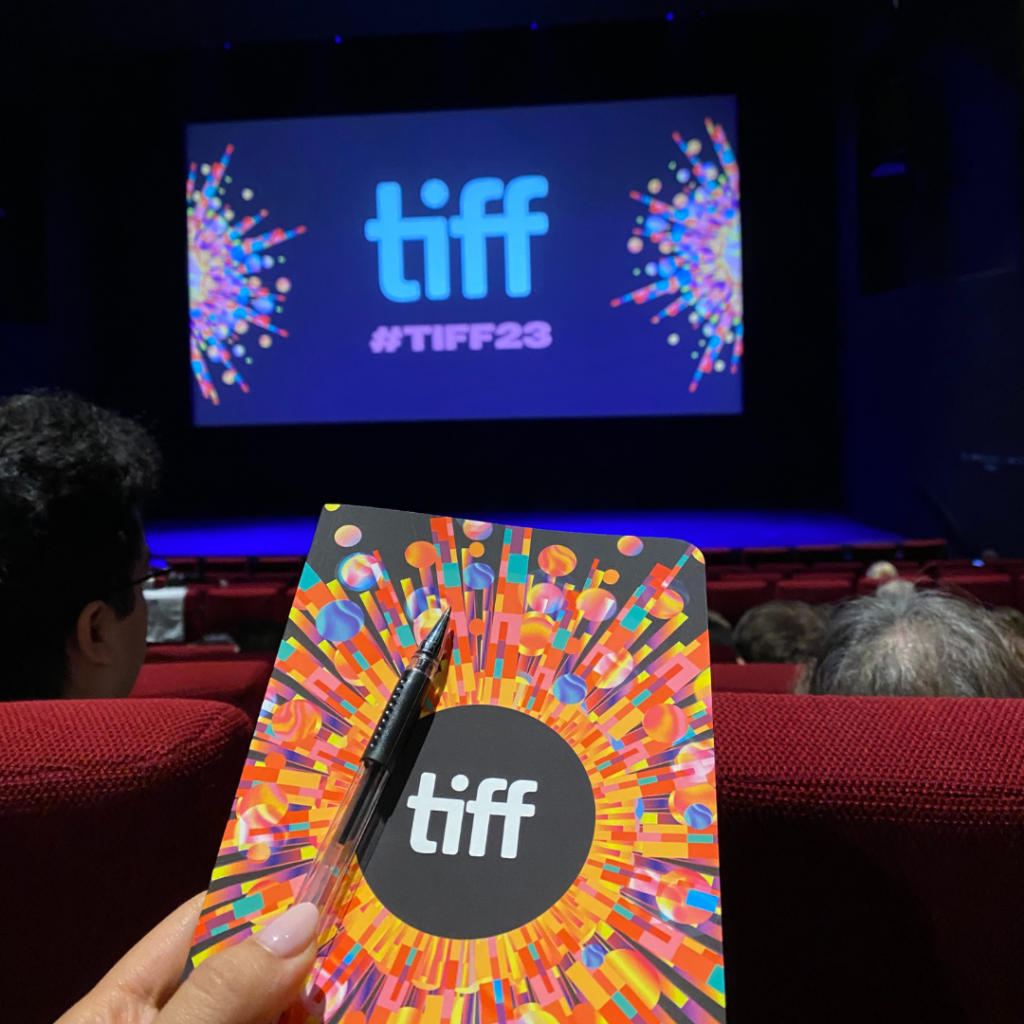In the animated short film Aphasia, directed by Marielle Dalpé, a captivating and multi-layered narrative unfolds, immersing the audience in the perplexing world of aphasia. The film’s narrative approach is a nuanced interplay between the protagonist’s struggle with aphasia and the narrator’s own immersion in this linguistic labyrinth. As we bear witness to the character affected by aphasia navigating an empty room, a powerful metaphor emerges. This barren space serves as a moving representation of the emptiness that can pervade the mind when language falters. Metaphorically, it underscores the profound challenge of adorning one’s mental space with ideas and thoughts when words become elusive.
The film’s innovative editing style evokes the sensation of journeying between radio stations, mirroring the disorienting cognitive landscape of aphasia.

This narrative technique invites the audience into the disarray experienced by individuals with aphasia and the narrator herself. What distinguishes the film is its striking voice-over, a narrative element of immense power.
This voice-over is not merely an external commentary but a vehicle for shared experience. It becomes an echo in the audience’s mind, resonating with the internal struggles of the protagonist.
Moreover, Aphasia gracefully recognizes the labor-intensive nature of the animation and short film industries through the recurring motif of hands. They may symbolize the physical toil and craftsmanship inherent in these fields, highlighting the often-overlooked dedication behind the scenes. In its concise storytelling, the film immerses viewers in its complexities. It explores resilience and the emptiness of language, all while celebrating and shedding light on the underappreciated labor in the animation and short film industries, which can also work as tools of translation for individuals who struggle with memory.

